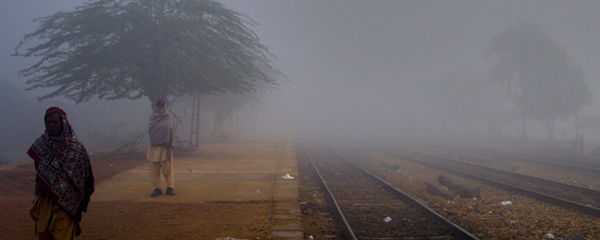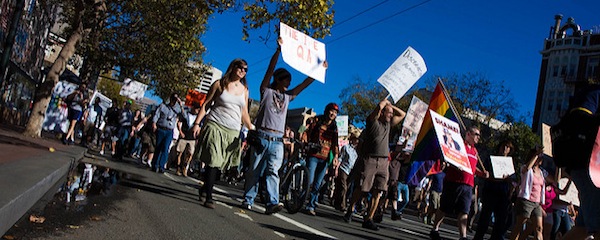FARAH AHAMED considers the life and work of Saadat Hassan Manto: ‘His characters are not defined by the way they look, but by what they are doing in the present moment. His descriptions are not sensory observations but rather unsentimentally observed settings for particular events.’
SOPHIE REID reveals the unsettling depths in Daphne du Maurier’s short stories: ‘… they offer complete worlds, ask questions, and leave you wanting more. Many explore themes of what it is to be human, the darkness in our minds, and the darker sides of life.’
MIKE SMITH delves into Stacy Aumonier’s short story ‘A Man of Letters’ and discovers where this writer’s intellectual standards really lie: ‘He sets himself a difficult task, because his eponymous hero is a working class chap with atrocious spelling and a weak grasp on language…’
Longlisted in the 2016 Competition, NICOLE MANSOUR appreciates the murkier side of Australia in Elizabeth Harrower’s A Few Days in the Country: ‘Few Australian writers, in my opinion, traverse these dim corners of ambiguity, or unearth this more uncommon caliginosity from far beneath its exterior, in either their characters or their writing – Murray Bail and Gerard Murnane are notable exceptions. Elizabeth Harrower is another…’
Longlisted in the 2016 Competition, DAVID BUTLER finds a distinctive universe, the human condition and entertainment in Eudora Welty’s ‘A Worn Path’: ‘It is a world contiguous with that of the Brer Rabbit stories of Uncle Remus and, like them, it has something of the quality of myth…’
Longlisted in the 2016 Competition, SUE WILSEA finds contemporary resonance and universal thruths in Winifred Holtby’s Remember, Remember! ‘As well as being a prolific writer of not just fiction but also of journalese, reviews and lectures, she was also a political campaigner, reformer and political activist, most notably for black trade union rights in South Africa. Without doubt, today she would have been on the picket line with the junior doctors and campaigning on behalf of migrants…’
In this longlisted essay from the 2016 Competition, Stephanie Williamson discovers women that history cast aside, in Megan Mayhew Bergman’s Almost Famous Women collection: ‘What stunned me while reading this book was that these women were so daring, so different and so controversial, yet they were still forgotten. Some of them were overshadowed by more famous relatives, others never given the chance to shine…’
In this longlisted essay from the 2016 Competition, TRACY FELLS wonders whether she would accept Roald Dahl’s Golden Contract in ‘The Great Automatic Grammatizator’: ‘With fiction Dahl could pinpoint, with cringing accuracy, what makes us tick. He knew our darkest fears, worst nightmares and exposed our secret desires in all their gluttonous glory…’
In this longlisted essay from the 2016 Competition, SCOTT WILSON discovers the best way to kill a man in Ryunosuke Akutagawa’s ‘In a Bamboo Grove’: ‘Murder is the ultimate crime and, as readers, we are routinely transfixed by stories that feature clever killers. These killers often exhibit a style of creative and lateral thinking that is strangely mesmerising to read or watch…’
SOPHIA KIER-BYFIELD finds subjective interpretations of ‘apocalypse’ in Lucy Corin’s One Hundred Apocalypses and Other Apocalypses: ‘It was the idea of apocalypse reworked that first drew me to the book: it allows for a diversion from the path of conventional apocalyptic or science fiction. These aren’t just stories about the collapse of our surroundings by natural disaster or alien invasion, but a thorough interrogation of what the word apocalypse can signify, as well as the creative energy that is knotted together with destruction…’









